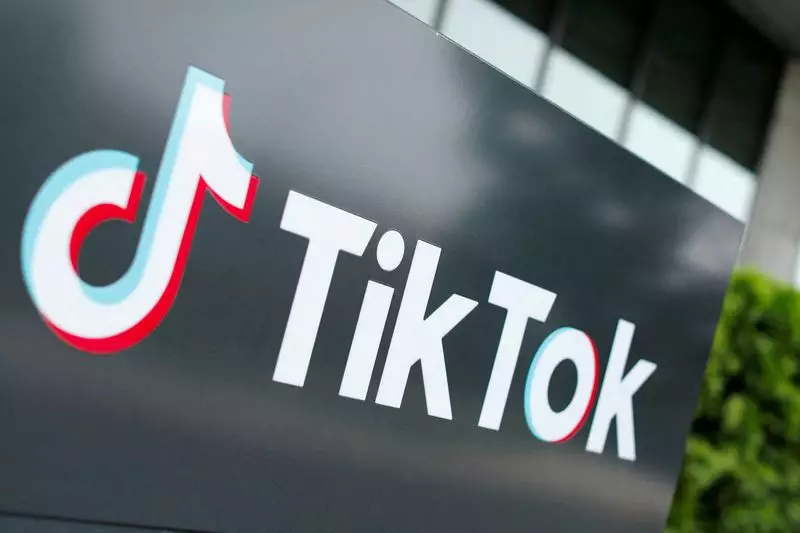On Saturday, Albania took a significant step by imposing a one-year ban on TikTok, the hugely popular video-sharing application. This decision comes in the wake of a tragic incident where a teenager lost his life, prompting widespread concern regarding the impact of social media on minors. Prime Minister Edi Rama announced the ban following discussions with various stakeholders, including parents and educators, highlighting a growing unease within the Albanian society about the safety and well-being of its youth.
This situation is not unique to Albania; various countries across Europe have been grappling with similar dilemmas. The rise of social media, while facilitating communication and creativity among young individuals, has also been linked to violence and cyberbullying. As platforms like TikTok thrive on content that’s easy to produce and share, they inadvertently create environments where harmful behaviors can proliferate unchecked.
Prime Minister Rama’s assertion that social media platforms, particularly TikTok, bear responsibility for fostering a culture of violence among youth raises important questions about accountability in the digital age. In light of recent events, including the killing of a 14-year-old schoolboy by his peer—a situation reportedly fueled by social media altercations—Rama’s administration is emphasizing the urgent need for action. He posits that the real challenge lies not with the children but with societal structures and the tech companies that engage them.
The Premier’s comments suggest a pivotal shift in how governments may regulate technology, viewing social media as a potential threat rather than merely a tool for entertainment. Notably, other nations, including Australia with its stringent regulations for under-16s, are taking similar stances, indicating a trend towards more robust governmental interventions aimed at ensuring child safety in the digital era.
While the ban signifies a proactive attempt by the Albanian government to protect its youth, reactions from various segments of society have been mixed. Supporters argue that the ban is a necessary measure that provides immediate relief against the negative influences that platforms like TikTok may exert. They see the move as a chance to foster a healthier environment for children and discourage risky online behavior.
Conversely, critics of the ban express concerns about censorship and the implications of stifling freedom of expression among young users. They argue that rather than an outright ban, the focus should be on education regarding responsible social media use. This perspective emphasizes that technology itself is not inherently harmful, but rather the contexts in which it is used play a crucial role in shaping outcomes.
As Albania moves forward with its plans to eliminate TikTok for a year, it raises broader questions about the future of social media regulation globally. Will more countries follow suit in focusing their regulatory efforts on protecting youth, or will they look for alternative strategies that embrace digital literacy and responsible usage?
The discussions sparked by Albania’s ban signal a necessary dialogue on how societies should adapt to emerging technologies, recognizing both their benefits and their potential hazards. Balancing the needs for safety while preserving freedom will undoubtedly be a challenge that many governments will have to navigate in the coming years.

